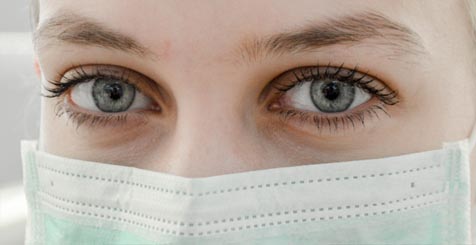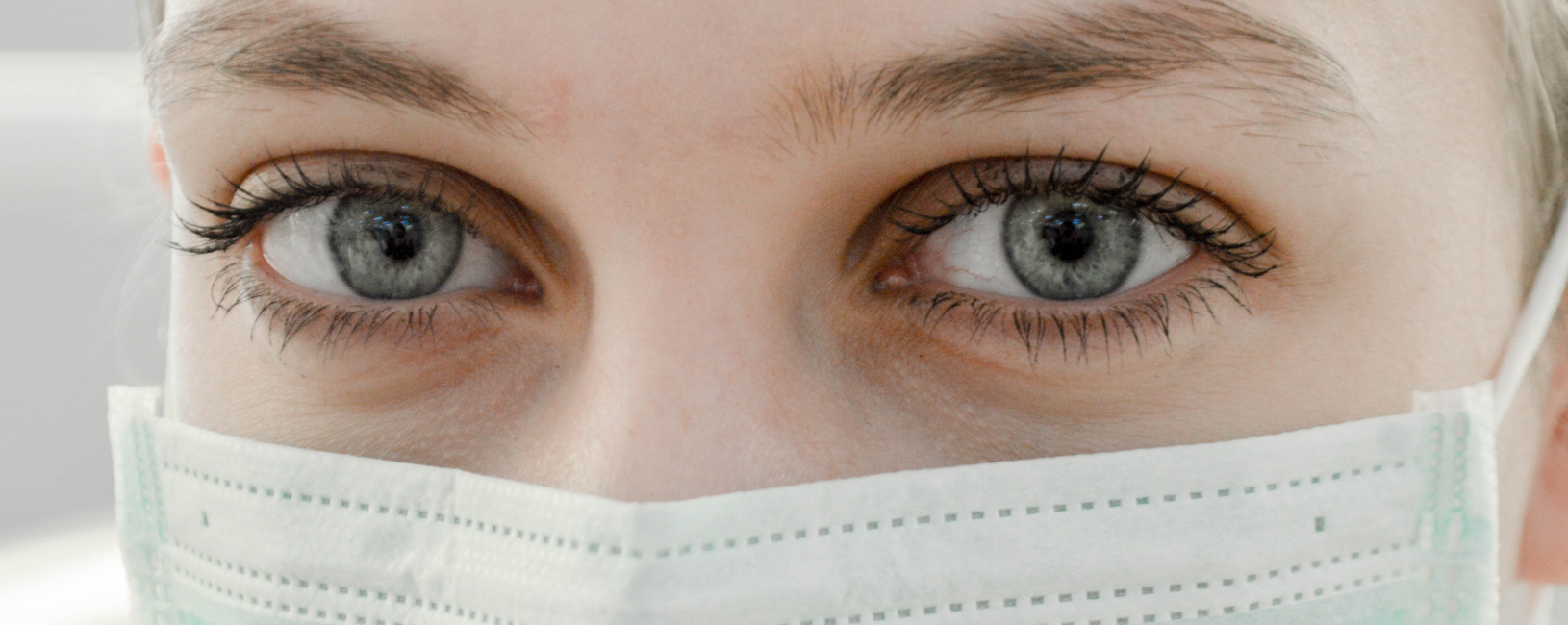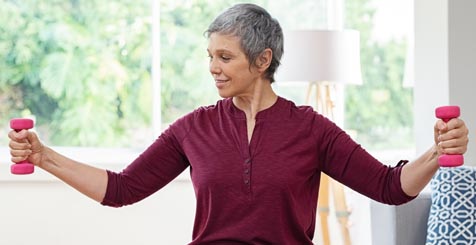Updated 16 April 2020
COVID-19 is a new illness that can affect your lungs and airways, caused by a virus called coronavirus – as it is new, humans have no immunity to it. The symptoms include a cough, a high temperature and, in bad cases, severe breathing problems.
Coronavirus has been dominating the news since its outbreak in China, announced to the World Health Organisation (WHO) on 31st December 2019, and as yet there’s no specially developed treatment. The virus has reached Europe in recent weeks, with Italy currently in lockdown. As fears of a global pandemic gather pace, if you’re waiting for, or have had, heart valve replacement surgery, you’re probably concerned about how you could be affected as the UK prepares for the virus to spread.
Beyond the health advice being shared with the general public by the NHS, and the government’s action plan, here are some points to bear in mind as you manage your heart condition…
Aim to reduce your chances of catching coronavirus
We’re hearing a lot about the fact that, for many people, coronavirus is a relatively mild illness. No doubt, you’re aware that having a heart condition puts you in a different category to someone with no underlying health issues at all. The British Heart Foundation’s associate medical director, Dr Sonya Babu-Narayan, says:
“There’s still a lot we are still learning about how this virus affects people with existing medical conditions. However, information to date suggests that people with heart and circulatory disease including cerebrovascular disease (problems with the blood supply to the brain, such as stroke) appear to be at higher risk of complications caused by the virus.
“If you are living with a heart or circulatory disease it’s particularly important that you reduce your chance of catching the virus by following and acting on all current government advice.
“Symptoms of coronavirus include fever, a cough and can progress to shortness of breath. If you are concerned that you have symptoms caused by the virus you should contact NHS 111 by phone or online.”
You can read the BHF’s full statement here. Keeping an eye on government updates will help you to gauge whether you should start ‘social distancing’ or adopt any other measures beyond practising good hygiene, including handwashing and catching and binning coughs and sneezes.
Cardiovascular complications of COVID-19
A bulletin from the American College of Cardiology (ACC) points out that, as with flu, or even SARS, with coronavirus patients with heart disease can suffer from arrhythmia and heart failure. The ACC’s recommendations are: firstly, to do as much as possible to stop such patients from contracting the disease in the first place; and, secondly, to advise on and implement appropriate vaccinations – both flu and pneumococcal – to pre-empt secondary infection before the virus is contracted.
Unfortunately, the fatality rate for patients with both coronavirus and cardiovascular disease has been shown to be higher than for the average population, with a study putting the figure at 10.5%. The realistic assessment from the ACC is that “patients with underlying cardiovascular disease are at higher risk of contracting COVID-19 and have a worse prognosis.” Remote appointments by phone or video call will are recommended for stable patients with cardiovascular disease where appropriate to reduce the chance of infection with the virus.
Planned surgery could be affected
In a fast-evolving situation which is expected to become a full-scale epidemic, it’s realistic to anticipate that there will be some disruption to planned surgery due to the additional strain on the NHS, even though the majority of people who contract coronavirus should be able to manage their recovery at home. As yet, there’s no way of knowing exactly what that will look like.
In a severe outbreak scenario, the Royal College of Surgeons’ action plan advises: “Should efforts to contain the virus be unsuccessful, then we would support the recommendation that hospitals focus on those patients with the greatest need. As doctors, focusing on those with the greatest need is what we all do, all of the time.”
At the time of writing, Great Ormond Street Hospital has announced the suspension of all non-essential cardiac procedures for a two-week period, subject to daily review, as a member of its cardiology department has tested positive for coronavirus. This is a reminder that hospital staff will also be affected, and surgeons are at least as likely as the general public to be exposed to the virus, if not more so. It may well be the case that surgical teams are not working at full strength at some point.
You need to be healthy to have surgery
The normal rules will apply regarding the need to be as healthy as possible before surgery. Should you contract coronavirus in the run-up to a scheduled operation of any kind, your medical team will want to be sure that you have recovered sufficiently before operating, for your own health and that of others, even if they are able to maintain scheduled operations.
Feedback from surgeons is that there is quite good evidence that performing valve replacement operations on patients who have active COVID-19 infection results in poorer outcomes than postponing surgery until the infection has run its course. For this reason, valve operations which can wait, should wait. Some patients, even those with heart valve disease, can have COVID-19 infection with no or minimal symptoms. If your cardiologist or surgeon thinks that you need an urgent valve operation which can’t wait, then they may recommend you are tested to see if you have COVID infection.
If you’re already scheduled for surgery, it’s sensible to anticipate a possible change in plan because of the current exceptional circumstances. For instance, some patients are being sent to other hospitals for urgent surgery if the hospital they would normally go to has no intensive care unit (ITU) beds due to caring for COVID patients.
AVR patients’ questions
Concerned heart valve patients have been asking us questions about how coronavirus might affect them. We put two key queries to consultant cardiac surgeon Karen Booth:
Q: If someone is at a severe stage, waiting for a surgery date and then we have this virus which is delaying things, at what point does it become non-elective?
A: Karen says: “Non-elective surgery is for patients who just have symptoms that are uncontrolled and need to be in hospital. If you’ve got uncontrolled symptoms despite all the tablet therapy that you’re on you should phone your surgeon and let them know and it might be best to wait in hospital.”
Q: What are the particular risks for people with AVR if they catch the coronavirus? At what stage should we be careful about where we go, who we see etc.?
A: Karen says: “I can understand why coronavirus is a worry for a lot of the population. If you’ve had an aortic valve replacement you’re no more at risk of coronavirus than someone who hasn’t had an aortic valve replacement, but if you specifically have heart failure alongside that then that’s a sub-group of people that we know that are more susceptible, and so those patients that have heart failure should take extra precautions when it comes to coronavirus.”
Active Patients will be monitoring the coronavirus situation, and we’ll keep updating this blog post as guidelines change, so do check back for more news. Always use trusted sources if you’re doing more reading, such as www.nhs.uk and www.gov.uk, and contact your GP or cardiology team if you have specific concerns relating to your medical condition.
Medical information. This is provided for informational purposes only and is not meant to be a substitute for advice by a doctor or other qualified healthcare professional. Patients should not use the information on the Active Patients website for diagnosing a health or fitness problem or disease. Patients should always consult with a doctor or other health professional for medical advice or information about diagnosis and treatment. Never ignore professional medical advice because of something you have read on Active Patients.






